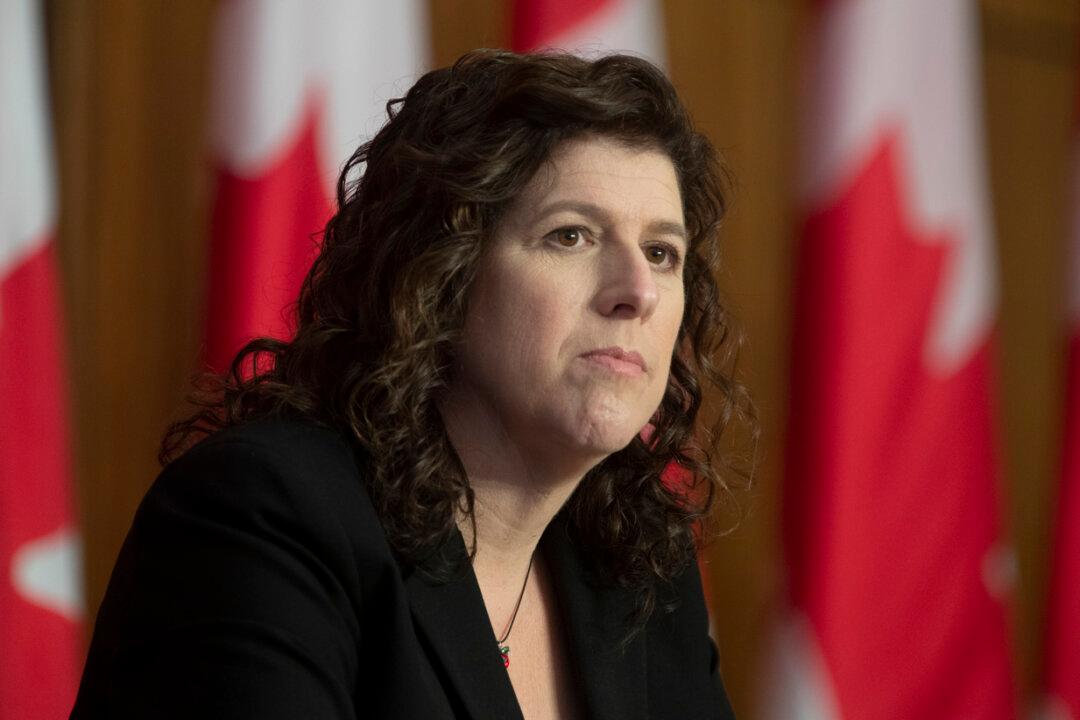Despite spending more than $600 million on control measures, a new report from the auditor general says the federal health agency’s failure to properly track travellers’ quarantine status leaves Canada’s border poorly defended against COVID-19.
Auditor General Karen Hogan submitted four COVID-19-related reports to the House of Commons on Dec. 9, including one that examines the Public Health Agency of Canada’s (PHAC) enforcement of quarantines and testing for travellers entering Canada.





